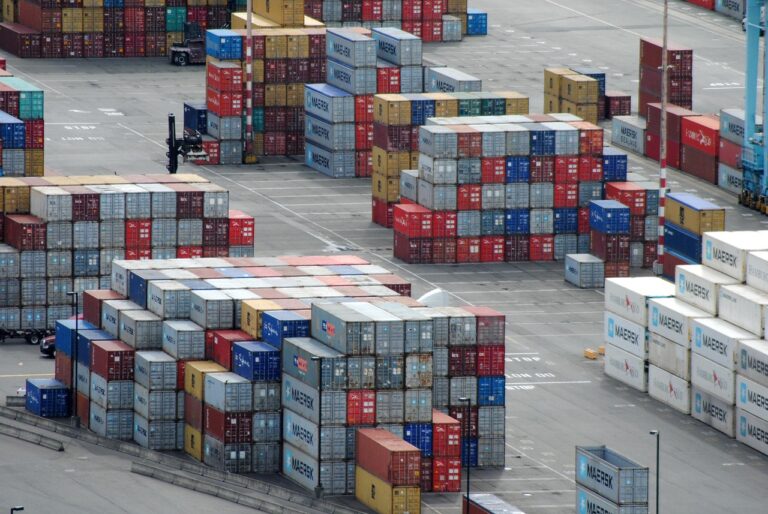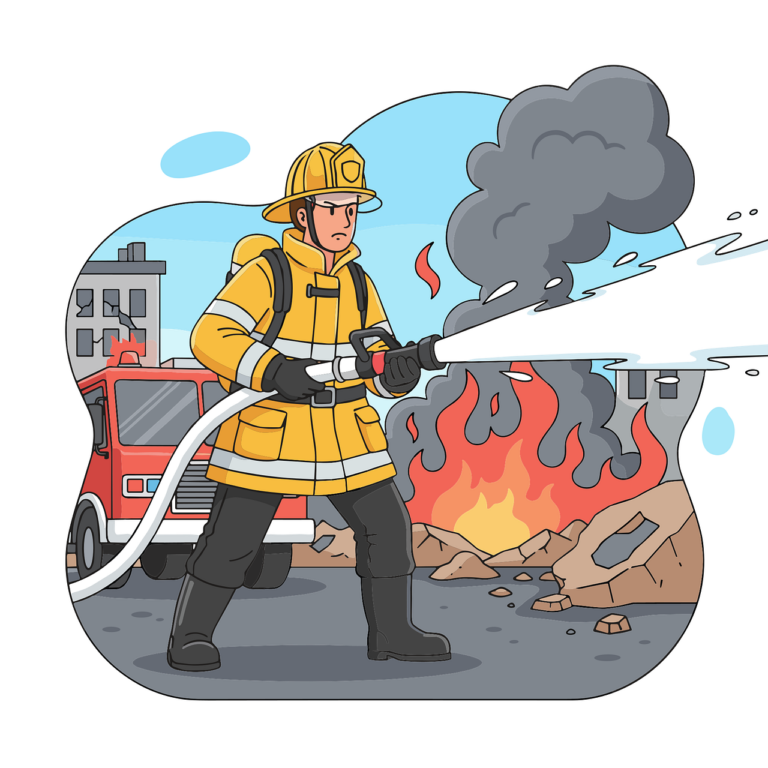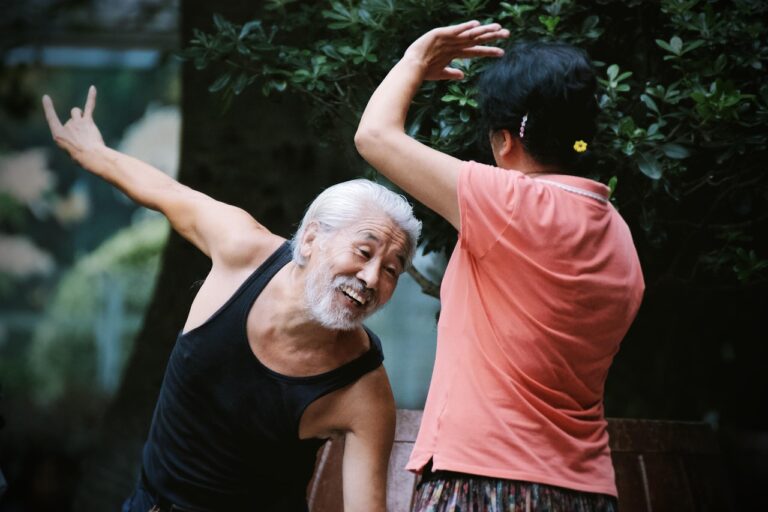
New York: Security and other challenges in Central Africa affect West Africa, the Great Lakes and other subregions on the continent, speakers warned during a Security Council videoconference meeting on 9 December, calling for greater regional cooperation and coordination to address the root causes of instability and safety threats posed by the Boko Haram insurgents and the Lord’s Resistance Army (LRA).
While LRA is currently present in both Central Africa and the Great Lakes, Boko Haram remains a serious threat in the Lake Chad Basin, with the group increasing attacks and kidnappings. Terrorist groups have continued to intensify their attacks in Cameroon and Chad, as seen on 24 and 25 November, when 4 Chadian soldiers were killed and about 16 others were injured after their boat apparently struck an improvised explosive device in the Ngouboua area.
“We cannot stress enough the need to deal with the crisis in the Lake Chad Basin in a comprehensive manner, particularly within the framework of the regional strategy for the stabilisation, recovery and resilience of the Boko Haram-affected areas,” François Louncény Fall, Special Representative of the Secretary-General and Head of the United Nations Regional Office for Central Africa (UNOCA), in his briefing on the Secretary-General’s latest report on the mission.
These security threats have negatively affected the Lake Chad Basin and the Gulf of Guinea, as well as the internal situation in some Central African countries. Fall said the proximity and similarities between the situations in the Lake Chad Basin and in the Sahel, which forms a transitional zone between the arid Sahara to the north and the belt of humid savannas to the south, justify joint monitoring, analysis of them and the coordination of responses to the challenges they face, and also underline the importance of establishing links between the United Nations integrated strategy for the Sahel and the regional strategy for the Lake Chad Basin to avoid duplication, rationalise the use of resources and ensure that the two reinforce each other.
On the Gulf of Guinea, he said organised maritime crime continued to grow, including drug trafficking, human trafficking and smuggling of migrants, stressing that the responses to these threats will only be effective if they are coordinated between Central Africa and West Africa through the existing interregional coordination centres for maritime security.
Drawing attention to ongoing conflicts between farmers and herders in Central Africa, he said that, on 27 November, the Government of Chad announced that 22 people were killed and 34 others were injured in clashes. He reaffirmed UNOCA’s commitment to continue to support the Economic Community of Central African States (ECCAS) in adopting a subregional regulatory framework on pastoralism and transhumance.
He also reported that, on November 23, he and his counterpart from the United Nations Office for West Africa (UNOWA) agreed on a set of joint activities to address the situations in the Lake Chad Basin and the Gulf of Guinea and support the implementation of the Lomé Declaration adopted by ECCAS and the Economic Community of West African States (ECOWAS) at their 2018 summit on peace, security, stability and the fight against terrorism and violent extremism.
In Cameroon, violence in the country’s north-west and south‑west was now targeting civilians, including students, teachers and clergy.The ongoing crisis in these regions of Cameroon has driven around 770,000 people from their homes and forced 60,000 people to seek refuge in neighbouring Nigeria. There have been terrorist attacks on civilians in Cameroon’s far north, and across the wider Lake Chad Basin area. The number of people in need of humanitarian assistance in the country has increased from 2.3 million at the beginning of 2020, to 6.2 million people.
Many Security Council members expressed support for UNOCA’s ongoing work on conflict prevention and mediation across Central Africa but voiced concern over the crisis in the north-west and south-west regions of Cameroon, where the conflict has displaced hundreds of thousands of people from their homes.
– globalbihari bureau





